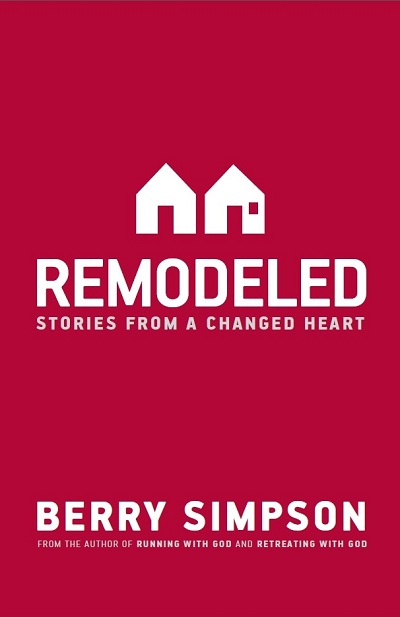When they heard God strolling in the garden in the evening breeze, the Man and his Wife hid from God.
God called to the Man: “Where are you?”
The Man said, “I was afraid because I was naked, and I hid.” (from Genesis 3:8-10, MSG)
Every January 1, the beginning of my annual journey through the Daily Chronological Bible, I read the grandest and boldest Fresh Start Story of all, the opening narrative of Genesis. And my favorite story comes from Genesis 3.
The most famous part of this story is the tragic account of Adam and Eve choosing to sin by eating the forbidden fruit. Why did they do it? The serpent told them, in effect, “God is holding out on you; there is a life you can have that’s bigger than the life God has for you.” So they ate, expecting to find a bigger, smarter, wiser, and more fulfilled life.
We’ve all heard that lie, haven’t we? The voice in our head says, “Pursue this even though God says it is wrong; your life will be so much more exciting if you do.”
But Adam and Eve discovered that the wisdom they expected actually showed them their own sin and nakedness, and for the first time in their life, they hid from God. They were afraid of God.
That fear, the first they’d ever felt, must have rocked their world as much as the pain from their sin.
Well, my favorite part of the story is what happened next. The text says that God went walking in the garden, looking for them. God called out, “Where are you?”
Of course, he knew exactly where they were. This wasn’t a game of hide and seek, or a geography quiz.
What God was asking was this: “Where is your heart?”
He didn’t go searching to capture them and punish them. He came to bring them back. God wanted his people to come back. He didn’t want them to be afraid of him.
The best part of the story happened when Adam answered, “I heard you in the garden, and I was afraid because I was naked; so I hid.”
It was a remarkable confession – that he was afraid of God, and afraid of his own exposure.
But what is even more significant is that Adam answered at all. He could have slunk deeper into the trees and tried to hide further.
He didn’t do that, though. He came back. Adam’s best move in the entire book of Genesis was that he came back. Even in his nakedness and exposure and fear and shame and embarrassment and sin, he came back. His desire to experience God was greater than his fear and shame. He couldn’t stay away. He came back.
It’s a sad truth that Adam sinned against God. He made a huge mistake that changed the entire course of mankind, and he deserves to take the hit for that. But what made him human, his best move ever, was this, he came back.
Just like Simon Peter, who came back to Jesus instead of running away, after committing the most embarrassing sin imaginable. Peter’s need for grace and acceptance and healing from Jesus was greater than his shame and embarrassment.
Just like David, “A man after God’s own heart.” The Bible doesn’t give David that label because of his perfect life, which wasn’t perfect, but because he always came back. After every failure, David ran back to God.
They came back because their need for healing and restoration was greater than their shame and embarrassment. And because they came back, we can come back. We don’t have to slink deeper into the wilderness to hide. We can come back.
The story of Adam took another bad turn when Adam blamed his sin on Eve, who blamed her sin on the serpent. That’s often the way with fresh starts. We begin doing the right thing but stumble almost immediately.
Fresh starts are real, but so is failure. Yet, even when we fail, we can turn around and come back again.
Maybe we set great New Year’s goals on January 1, but by January 3, we wonder what happened. We’ve already stumbled. How could we fail so quickly?
How many times each day will we have to decide whether to go deeper into the trees or step into the light, whether to run away and hide or come back to God?
But here’s the good news. Setbacks don’t have to define our lives. Like Adam, Peter, and David, we have a choice. We can come back to God. He is searching for us, even now.
“I run in the path of Your commands, for You have set my heart free.” Psalm 119:32
To learn about Berry’s books, “Running With God,” go to www.runningwithgodonline.com , or “Retreating With God,” go to www.retreatingwithgod.com ,… Follow Berry on Twitter at @berrysimpson or on Facebook … Contact Berry directly: berry@stonefoot.org … To post a comment or subscribe to this free journal: www.journalentries.org










